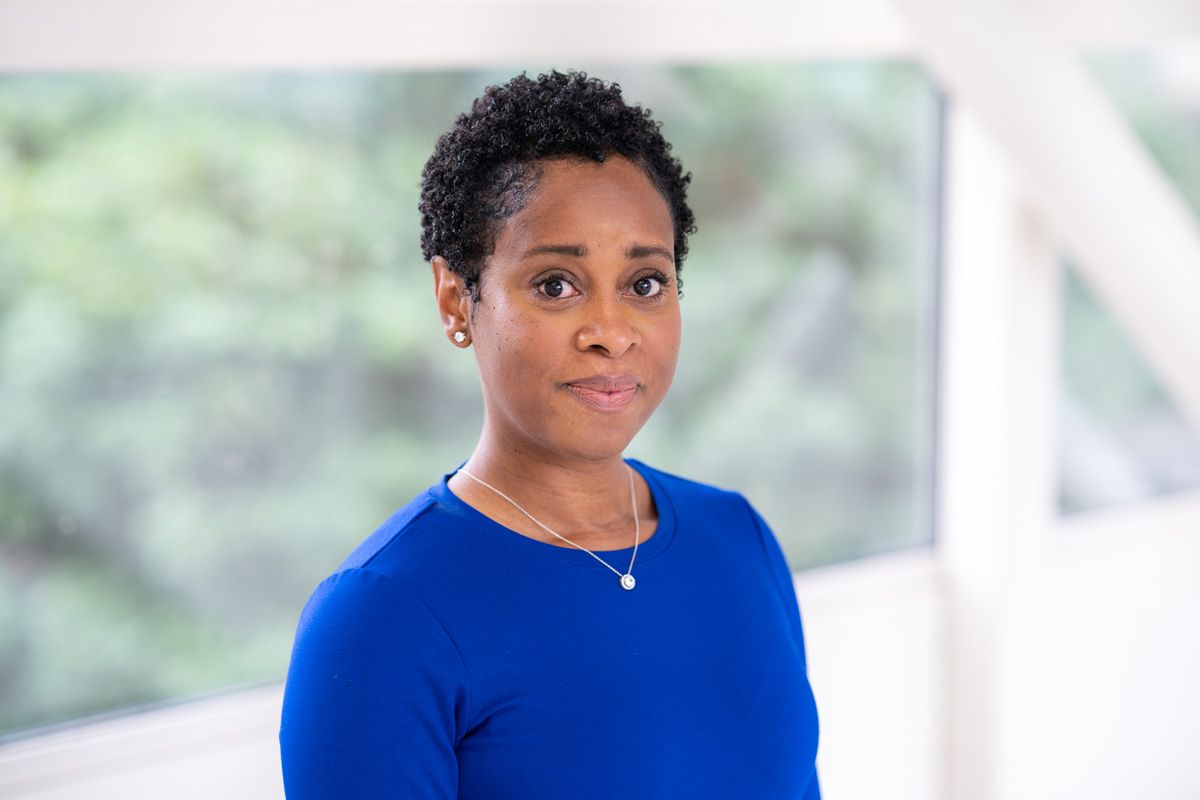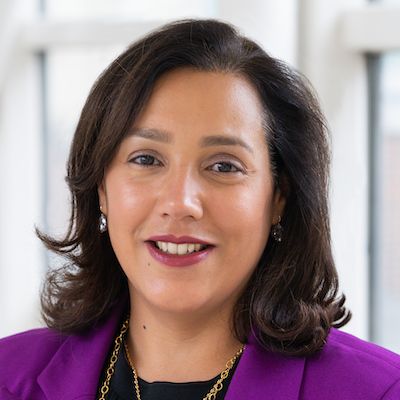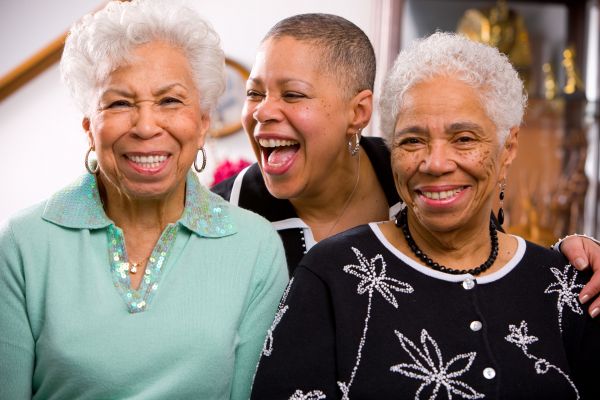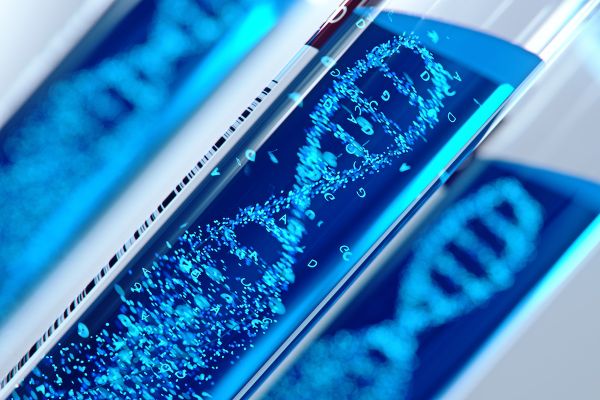Cancer survivors have a chance to share their stories and influence how doctors and researchers design cancer treatments, thanks to Roswell Park’s ROCKstars program.
Launched in 2017, the Research Oncology Community Knowledge program — ROCKstars — helps ensure survivors, patients and caregivers have a seat at the table when it comes to safeguarding and improving patient care and comfort.
Increasingly more grant applications require researchers to include and collaborate with a patient advocate on their team. The advocate offers insight into what the treatment experience was like, including any adverse effects, as well as burdens faced by individuals and their families and other information that doctors might not be aware of without hearing from a patient or caregiver.
ROCKstars is a program that has created a pathway for members of underserved and underrepresented communities to help shape and influence research by bringing their personal and family experiences to the table and expanding on the populations represented in cancer studies and trials.
“Once you’re a patient, you gain a lot of experience about cancer treatment and the whole process,” says Nikia Clark, a Health Education Specialist and Program Manager for ROCKstars. Grantors — organizations that provide grant money for research — “like to see that doctors and researchers have some type of input from a patient; most doctors haven’t been a cancer patient. This brings a voice to the research table that wasn’t included before.”
Roswell Park currently has 30 ROCKstars, the majority of whom are breast cancer survivors. Clark and Elisa Rodriguez, PhD, MS, who leads the initiative, want to have a broad group of advocates, representing every type of cancer and many backgrounds to offer insights that can be invaluable to doctors. Clark and Rodriguez are working to bring in more survivors from the Hispanic, Native American and Black communities to share their stories and volunteer to participate in trials and screenings, expanding their representation in cancer knowledge.
“A lot of the research we do here is trying to find ways to make treatment better and reduce the side effects while also trying to find ways to diagnose cancers earlier,” Clark says. “Survivors can bring a more personal story, so doctors really understand things, like how difficult it was to come to the hospital for chemotherapy treatment four days a week. Some patients go through the whole process, from diagnosis through treatment, without ever really knowing or understanding everything that’s going on.”
Patient advocates — Roswell Park’s ROCKstars — are members of the research team and most are compensated for their time as members of research teams on funded projects.
“We also provide training for researchers as part of the ROCKstars initiative, to outline the basics of engaging and working with an advocate on a grant submission. This is a critical component of the initiative and helps researchers who have never worked with an advocate to approach the process with support from our program,” Dr. Rodriguez says.
Roswell Park is looking for more ROCKstars, particularly men, younger cancer survivors and those from minority communities. There’s a special need for people who were diagnosed with gastrointestinal cancer, head and neck cancer or lung cancer, because there aren’t enough patient advocates with those experiences to provide their input.
Advocates have found speaking up about their experiences so others can have an easier time is a very empowering opportunity, Clark says.
“When asked why they’re interested in doing this, a lot of our advocates say they’re interested in seeing the other side. They have experienced the patient aspect of Roswell Park, but now they are seated at the table with doctors and researchers to provide their feedback and opinions on what’s going on. It’s a way for them to see how we at Roswell Park are trying to progress and advance research to try to find cures or decrease the burden of cancer.”
Dr. Rodriguez adds, “Our patient advocates are some of the strongest and most amazing people. They will often tell us how they want to give back to the people who helped them during one of the most challenging events in their lives. It’s a humbling reminder to hear this from each one we meet and who so willingly joins the group. It fuels Nikia and I to work even harder to grow this initiative because we have seen firsthand the impact ROCKstars has on both the researchers and advocates and the innovative science they are working on together!”
Are you a Cancer Survivor Interested in Becoming a ROCKstar?
Please Contact:
Nikia Clark, Nikia.Clark@roswellpark.org, 716-845-4615, or
Elisa Rodriguez, Elisa.Rodriguez@roswellpark.org 716-845-8487.



